
By Olutayo Irantiola
For decades, imported diagnostics have dominated African hospitals. From syringes to test kits, the continent has relied heavily on supplies from Europe, Asia, and North America. This dependency has come at a steep cost. During shortages, prices spiked, leaving patients stranded.
The COVID-19 pandemic was the most painful reminder. As wealthy nations hoarded vaccines and diagnostic kits, African countries found themselves at the back of the queue. Borders closed, supply chains fractured, and hospitals struggled to secure even the most basic consumables.
“The global health crisis from the spread of the novel coronavirus has brought to the fore the need for African Union member states to carefully analyze the current state of their healthcare infrastructure and make meaningful investments to improve access to quality health care,” observed Carine Kaneza Nantulya, Africa advocacy director at Human Rights Watch.
The right to health is a fundamental entitlement under international law and enshrined in the African Charter on Human and Peoples’ Rights. It is also a core pillar of the UN Sustainable Development Goals (SDGs) and Africa’s Agenda 2063. Both frameworks demand that nations protect the health of their citizens by ensuring that medical goods and services are available, accessible, and of good quality.
Against this backdrop, a quiet revolution is taking shape in Nigeria. At its center is Codix Pharma, an indigenous pharmaceutical and health-tech firm rewriting Africa’s healthcare story.
Founded in 2002 and operational since 2008, Codix Pharma has quickly risen to become one of Nigeria’s fastest-growing pharmaceutical companies. Headquartered in Lagos, the company focuses on developing diagnostic tools and therapeutics for “silent killers” such as diabetes, hypertension, and cardiovascular diseases—conditions that account for a significant share of Africa’s disease burden.
“Our goal is to be a leading African health-tech company by 2030, for us, that means moving beyond talk to action—building local capacity, investing in research, and ensuring Africans don’t have to depend on imported solutions to manage their health,” says Group Managing Director/Chief Executive Officer, Mr. Sammy Ogunjimi.
Codix has matched its vision with bold investments. In December 2023, it commissioned Colexa Biosensor Limited, the first in-vitro diagnostics (IVD) factory in Sub-Saharan Africa. Less than two years later, in May 2025, the company launched Codix Bio Limited, a state-of-the-art rapid diagnostic test (RDT) manufacturing facility in Sagamu, Ogun State.
In a historic milestone, Codix Bio was selected as the first African manufacturing partner under the WHO Health Technology Access Pool (HTAP) programme, alongside SD Biosensor and the Medicines Patent Pool (MPP). This designation allows Codix to locally manufacture rapid diagnostic test kits based on SD Biosensor’s global platform, with full access to technical know-how and regulatory support.
Codix’s impact extends beyond health outcomes. Local production generates jobs, facilitates technology transfer, and builds indigenous expertise. At the Sagamu facility, young Nigerian scientists, engineers, and technicians are being trained to operate some of the most advanced diagnostic equipment in Africa.
This investment in talent comes at a critical time. Nigeria faces a growing brain drain, with skilled professionals leaving for opportunities abroad. By offering cutting-edge work and competitive opportunities, Codix is helping to stem the tide.
Every test kit produced in Sagamu is one less that Africa needs to import—marking a decisive step toward health sovereignty.
One challenge local manufacturers often face is skepticism about quality. Codix anticipated this. The company is ISO 9001:2015 certified, embedding rigorous international standards into its production lines. Its factories operate under strict quality control measures, ensuring that every product meets or exceeds global benchmarks.
By aligning local innovation with international best practices, Codix is dismantling outdated stereotypes about African-made health products.
To ensure a sustainable pipeline of skilled workers, Codix is investing in academia. In partnership with Olabisi Onabanjo University, it has helped introduce courses in biosensors and nanotechnology within the Department of Chemical Sciences.
This initiative prepares future scientists not just with theory but with real-world applications, strengthening the bridge between education and industry. It is a long-term investment in building Africa’s scientific independence.
Codix’s ambitions stretch beyond Nigeria. The company already has subsidiaries in Ghana, Kenya, Sierra Leone, Liberia, Senegal, The Gambia, Zambia, Cameroon, Guinea-Bissau, and Côte d’Ivoire. Its diagnostic kits and other medical consumables are exported to these markets, positioning Nigeria as a regional hub for health-tech innovation.
By 2030, Codix envisions itself as the face of African health-tech—not only producing for domestic use but also exporting solutions and expertise across the continent.
Codix Pharma’s journey is more than a corporate success story. It is a blueprint for how Africa can reduce dependency on imports, strengthen its economies, and secure its health future. By investing in local manufacturing, prioritizing research, and building partnerships, Codix is proving that Africans can create solutions for Africans.
It is a story of resilience and ambition, one that signals a shift in narrative: from Africa as a passive consumer to Africa as an active producer of global health solutions.
As Ogunjimi puts it: “For too long, we waited for the world to bring solutions to us. Now it’s time for us to create solutions the world can rely on.”
Olutayo Irantiola is a seasoned communications strategist and Public Relations Consultant at Peo Davies Communications. He is a pioneer Bridge Fellow of the Nigerian Economic Summit Group and recipient of the Rising PR Professional Award. An author and strategic content developer, he is passionate about storytelling, published writer, cultural advocate, and shaping public perception. He can be reached via [email protected]
The post Codix Group: Breaking Africa’s dependence on imported medical products appeared first on The Business & Financial Times.
Read Full Story
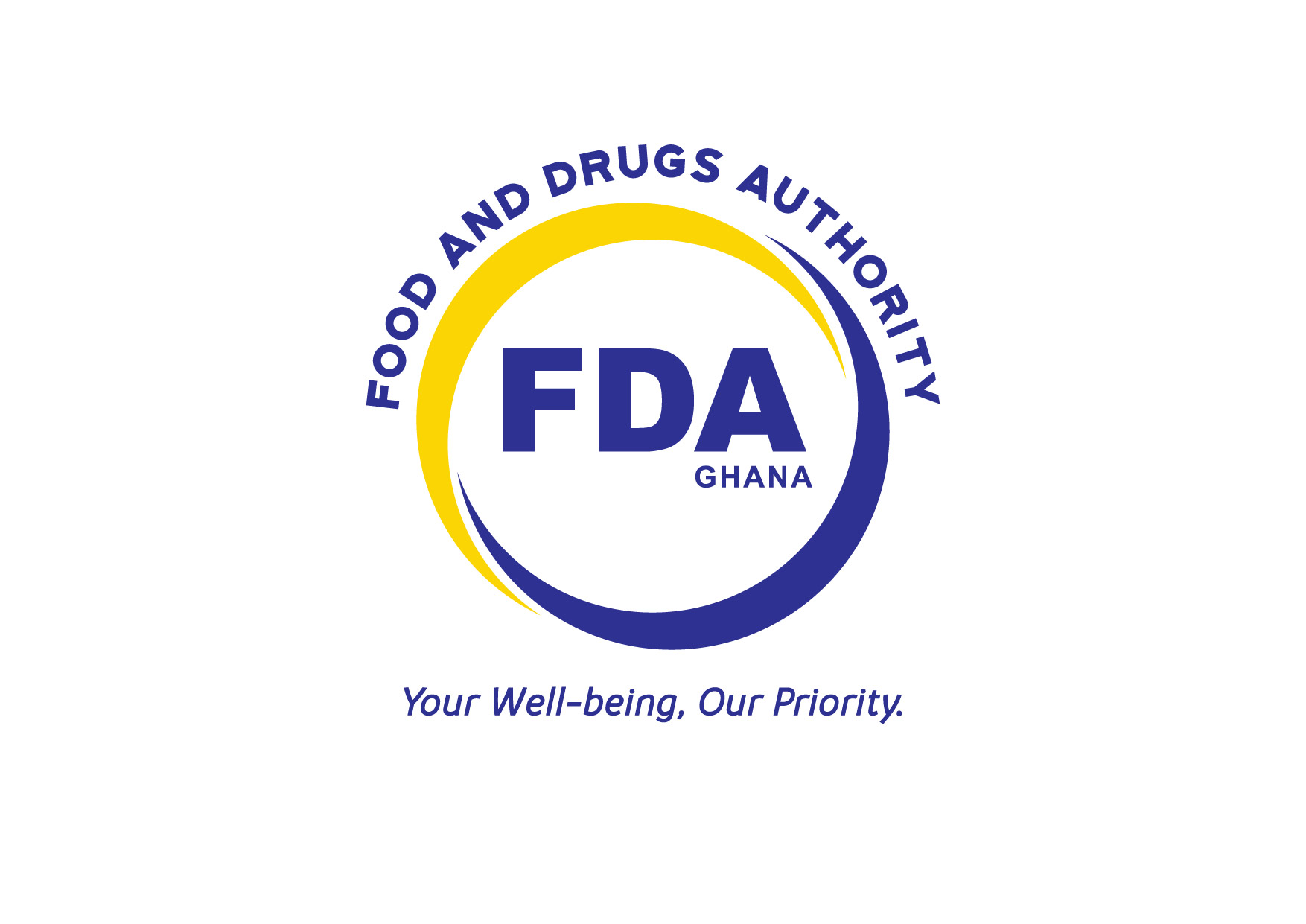
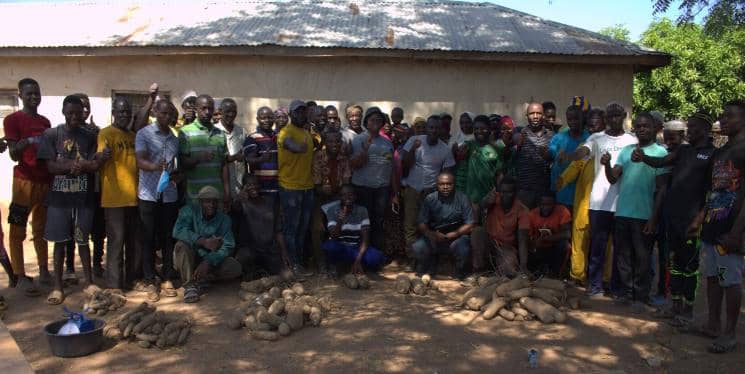

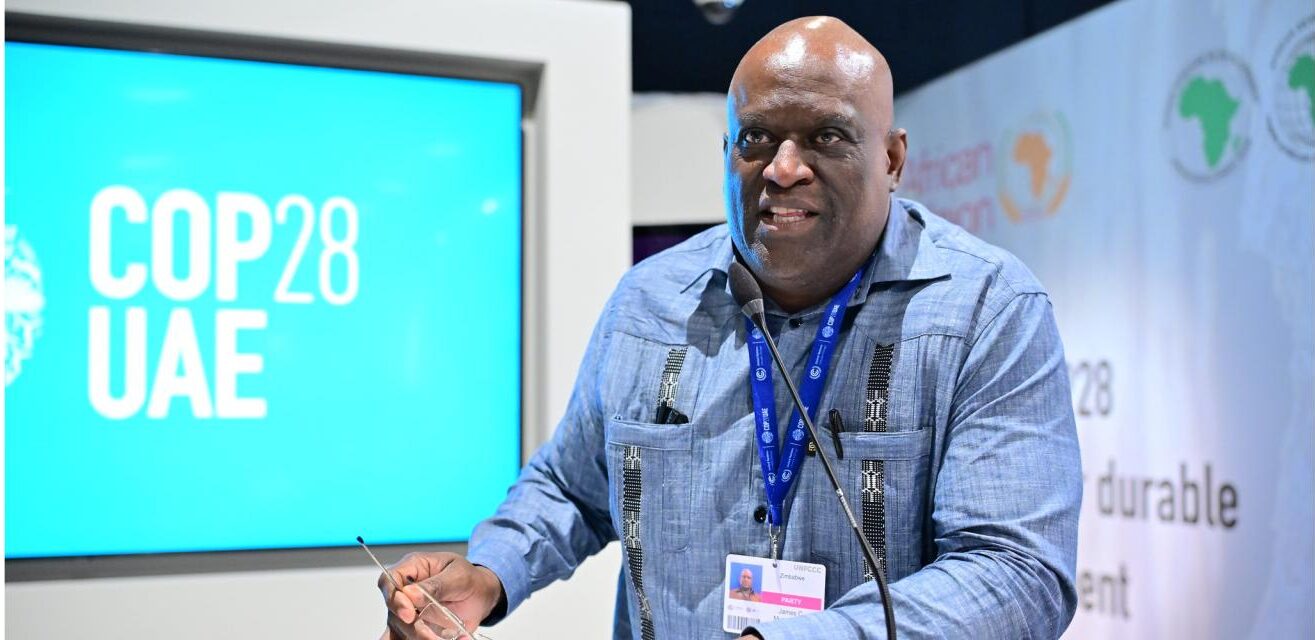






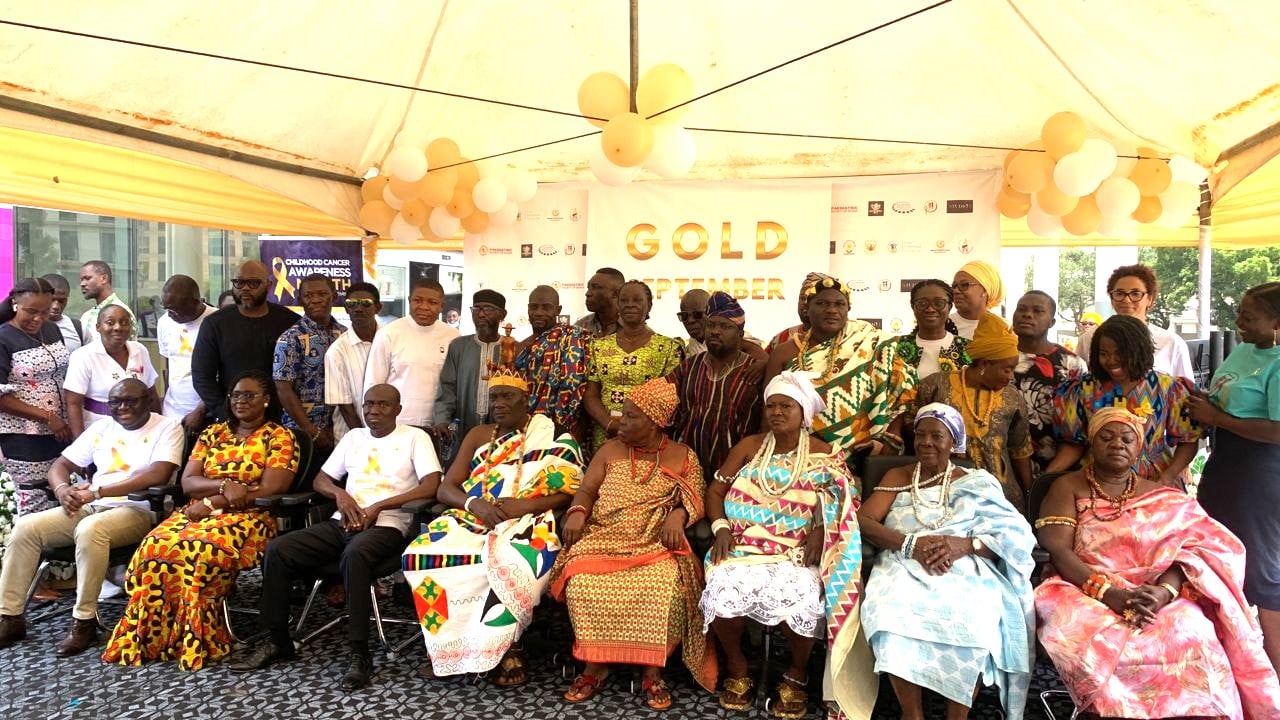

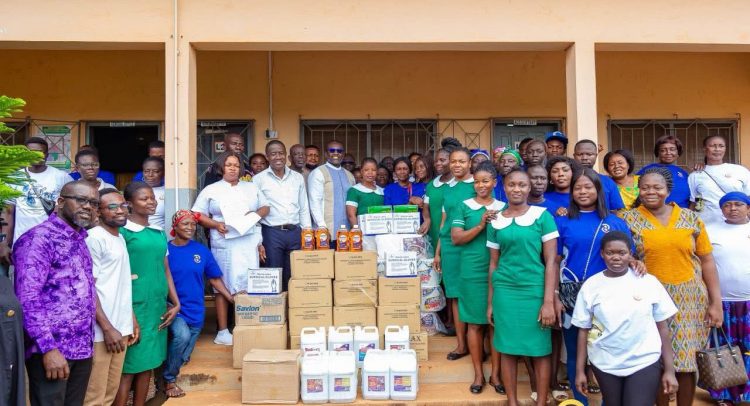




Facebook
Twitter
Pinterest
Instagram
Google+
YouTube
LinkedIn
RSS